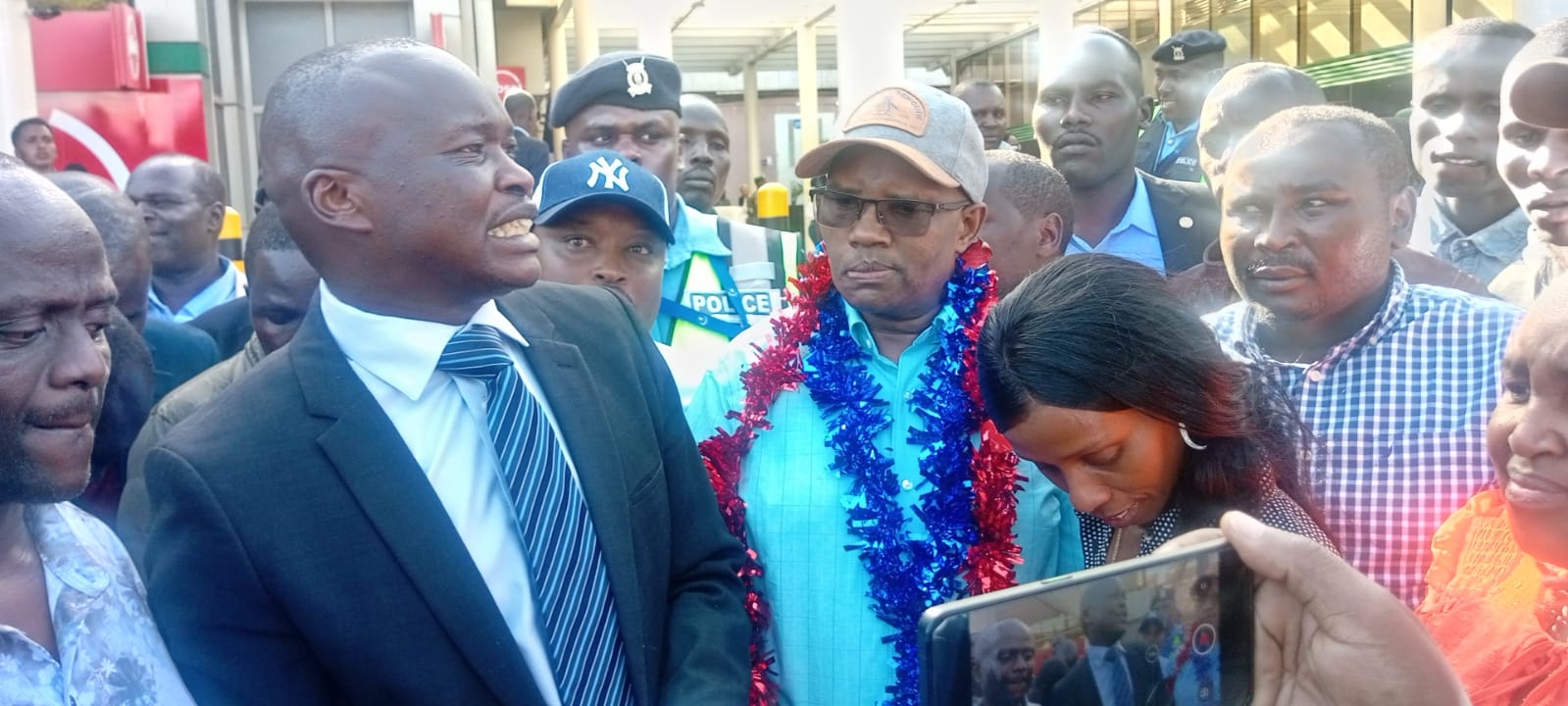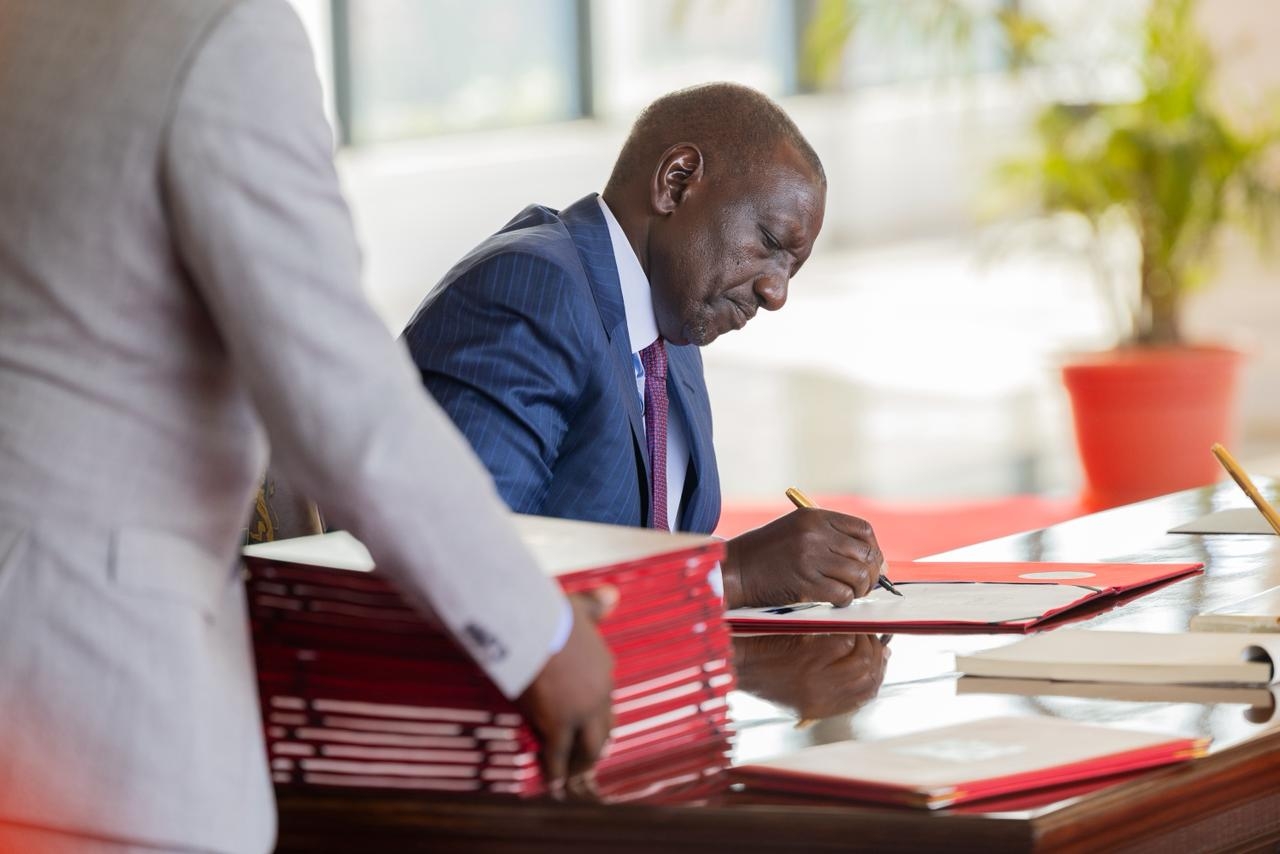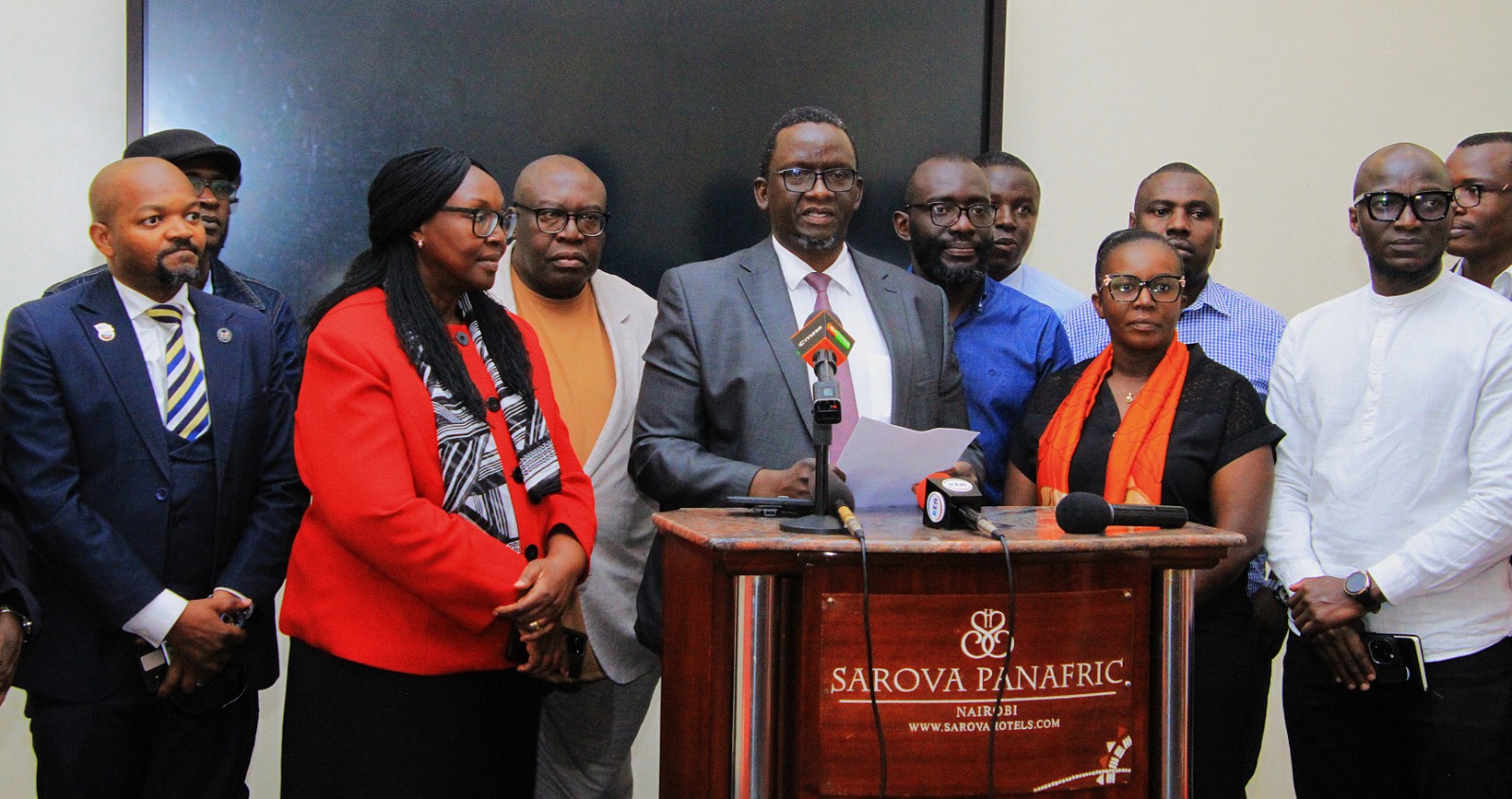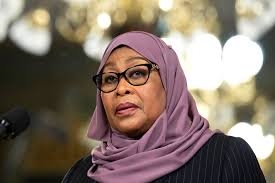For some time, I watched with amusement a scene by a Kenyan content creator commonly known as Dr Cassypool on TikTok.
In that scene, he visited a health facility seeking to do a vasectomy.
The hospital receptionist makes fun of him and wonders why an old person like him would seek a vasectomy when his peers are working on their pensions.
He is advised that health insurance companies don’t cover such services and he is expected to pay cash.
While the content was perhaps for entertainment, it laid bare the challenges Kenyans face when seeking sexual and reproductive health rights (SRHR).
Even as our countries sign up for some international and regional conventions and treaties, localizing some of these global human rights remains a dream.
While the intentions of our countries in signing some of these international obligations are after serious considerations, the political will to translate these actions lacks.
Despite having developed laws and policies to actualize the realization of reproductive and sexual rights, either because of stigma or lack of access, the majority of those seeking these services are unable to get them.
Increasingly, frustrations have set in, thus the decline in the number of clients being attended to in family planning facilities.
Kenya National Bureau of Statistics through the 2023 Economic Survey, indicate that while the uptake of modern contraceptives for the period 2018 to 2022 declined for both females and males, there was an increase in the uptake of permanent family planning methods.
The statistics showed the number of women undergoing sterilization BTL rising by 13.5 per cent to 4,017.
The survey established that the number of men undergoing male Sterilization Vasectomy is doubling to 557 during the period under review.
In 2022, Family Planning injections remained the most used method of contraception with 2.6 million clients followed by implant insertions with 1.1 million clients.
Clients declined from 694,489 in 2018 to 572775 in 2022, IUCD reduced from 187.558 in 2018 to 74,374 in 2022, Pills combined oral contraceptives from 173501 in 2018 to 315,502 in 2022, pills Progestin-only from 86,602 in 2018 to 602 in 2022.
As indicated, people seeking permanent family planning methods increased over the period with Sterilization BTL (Tubal Ligation) moved from 3616 in 2021 to 4,107 in 2022 for females and Vasectomy doubled from248 in 2021 to 557 in 2022.
Even with the stigma around permanent reproductive health approaches, and costs related to such methods, people are increasingly making individual choices on the same.
This is a pointer to the need to accept these practices.
Negative perception, taboos and lack of policy interventions to make such sexual and reproductive health rights achievable is very retrogressive and deny a huge population to basic services.
In June 2022, G7 countries called for a gender-equal global recovery following the COVID-19 pandemic and reaffirmed full commitment to achieving comprehensive SRHR for all individuals, with a particular emphasis on the importance of SRH services in humanitarian crises.
Kenya and other countries within the region have ratified several SRHR commitments since the recognition of SRHR as a human right at the 1994 ICPD and as an explicit target of SDGs where universal access to SRH care is envisaged.
Some global and regional SRHR commitments include but are not limited to Generation Equality Forum (GEF), ICPD25, African Union Agenda 2063, Maputo Plan of Action, Campaign on Accelerated Reduction on Maternal Mortality in Africa (CARMMA), the Eastern and Southern Africa Ministerial Commitment on sexuality education and sexual and reproductive health services for adolescents and young people etc.
Localization of global and regional SRHR commitments and policies recognizes the importance of local SRHR actors in leading and designing solutions that impact their own communities.
For local Adolescents and young people bear the burden of poor SRHR outcomes in Africa.
The burden of adolescent HIV, and in particular adolescent girls, is highest in Africa.
The prevalence of teen pregnancy, unsafe abortion, SGBV, FGM and child marriage is also significantly high in Sub-Saharan Africa compared to other regions globally.
Complications from these SRHR challenges threaten AYPs' physical and mental health with long-term socioeconomic and health consequences.
Kenya has very progressive laws and policies that guarantee the enjoyment of SRHR, but moving to the ground to enable those seeking the services is lagging.
Budgets for such both at the national level and the county level to support the implementation of the policies lacks.
Conversations on such topics remain private, and such services are not accessible in most county health facilities.
















